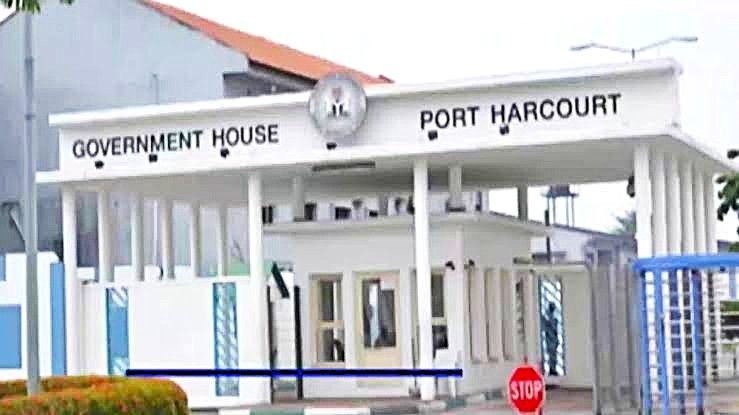The recent declaration of a state of emergency in Rivers State, Nigeria, has ignited intense debate among Nigerians. Despite efforts to resolve the issue, the crisis has escalated.
Even the decision of the Supreme Court declaring that Governor Siminalayi Fubara breached the Nigerian Constitution did not lead to the end of the crisis.
The situation in Rivers State has been dicey with the state at a standstill due to the breakdown in governance. Governor Fubara’s demolition of the State House of Assembly on December 13, 2023, without rebuilding it, also exacerbated the situation.
This act, coupled with the prevention of 27 members from participating in legislative proceedings, has undermined the democratic process and perpetuated instability.
President Tinubu had intervened in the crisis, seeking for political solution to the matter. However, the parties in the crisis failed to abide by the terms of the agreement reached when they met with the president.
According to President Bola Tinubu, the declaration of a state of emergency in Rivers State on March 18, 2025, is aimed at addressing the persistent political crisis hindering democratic governance in the state.
Declaring a state of emergency in Nigeria is not unprecedented. Former President Olusegun Obasanjo declared a state of emergency in Plateau State in 2004, and President Goodluck Jonathan did the same in Borno, Yobe, and Adamawa states in 2013.
While some may argue that declaring a state of emergency is an overreach of presidential powers, it is essential to consider the extraordinary circumstances that led to this decision. The people of Rivers State have suffered for too long due to the political crisis, and it is the responsibility of the federal government to ensure they have access to democratic dividends.
The Supreme Court’s judgment on February 28, 2025, was a clear indictment of Governor Fubara. The court’s findings of constitutional breaches were a stark reminder of the need for accountability and the rule of law.
In light of these developments, President Tinubu’s declaration of a state of emergency was a necessary measure to restore order and ensure democratic governance in Rivers State.
The suspension of Governor Fubara, his deputy, and all elected members of the House of Assembly for six months is a decisive step towards stabilizing the state. The appointment of Retired Vice Admiral Ibok Ette Ibas as a Sole Administrator is also a welcome move, as it brings a sense of calm and experienced leadership to the state.
While some may argue that the declaration of a state of emergency is an overreach of presidential powers, it is essential to consider the extraordinary circumstances that led to this decision. The people of Rivers State have suffered for too long due to the political crisis, and it is the responsibility of the federal government to ensure that they have access to democratic dividends.
President Tinubu’s declaration of a state of emergency in Rivers State is an intervention that is expedient, judging from the intransigence of the parties involved in the crisis. It is also necessary to restore order and ensure democratic governance. The suspension of officials involved in the impasse and the appointment of an administrator will go a long way in stabilising the state and promoting accountability.
As the state begins to heal and rebuild, it is essential to prioritise the needs of the people and work towards a more stable and prosperous future. These can only be guaranteed in a peaceful environment. The state of emergency in Rivers State will definitely restore peace.



Comments are closed.